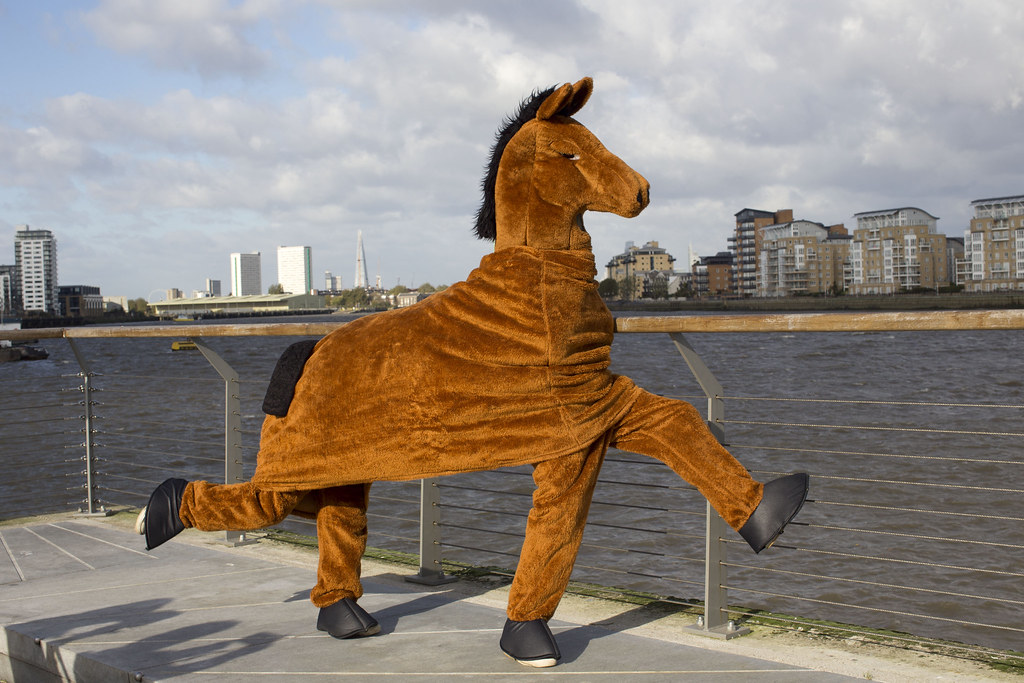Whenever the government in any state comes in danger, keeping MLAs together in hotels starts. Various steps are taken to save the government, and we have seen this in states like Karnataka, Rajasthan and lately, Maharashtra.
Whenever such a situation arises, from news channels to political circles and on social media, a word comes into the discussion: Horse Trading.
Political parties accuse each other of horse-trading. But, of course, there is no talk of buying and selling horses in this whole matter, yet why the term horse trading is used?
Today we will tell you only what this horse trading is, its history, why it is used in times of turmoil in Indian politics, and the whole story of this horse trading.
What is Horse Trading?
If we talk about the literal meaning of horse-trading, it means horse-trading. This word was earlier used only in the context of horse-trading.
Around 1820, horse traders used a lot of jugaad and cunning to buy good-breed horses. Stories like hiding horses and showing their tails are popular about this. Horse-trading has gradually become a phrase.
According to the Cambridge dictionary, it means ‘informal conversation in which people of any two parties make such a mutual treaty where both are benefited.’ is used.
Since it started being used in politics, there has been no fixed time. But, it has been used in Indian politics for a long time. In politics, when there was an attempt to get someone’s work done by seeing greed, the phrase horse-trading started being used.
But, there is also the question of why horse trading is used only for horse trading in politics and why not use any other animal. In such a situation, the answer is that only horse trading is used for trading in secret. Therefore trading of politics is also horse-trading.
Once, the Supreme Court also raised this question. In 2014, on the allegations of horse-trading on a large scale by the Aam Aadmi Party, the Supreme Court had said, why is it called horse trading?
A five-judge Constitution bench headed by Justice HL Dattu had taken a jibe at AAP’s senior advocate Fali S Nariman’s allegations of horse-trading on a large scale.
Now let’s talk about which situations in politics are called horse trading when one party tries to mingle with the members of the other party with the lure of profit, where this greed may be of position, money or prestige. This type of deal is called horse trading. It is often used when forming or saving the government or at the time of voting.
